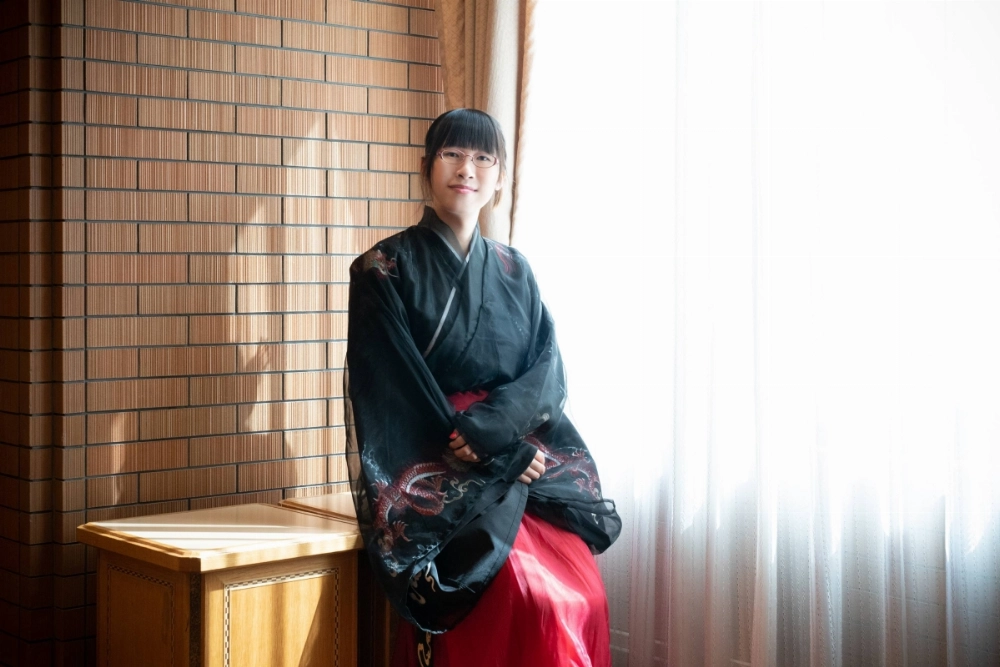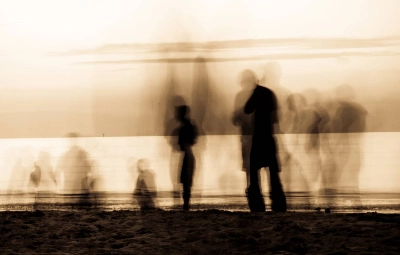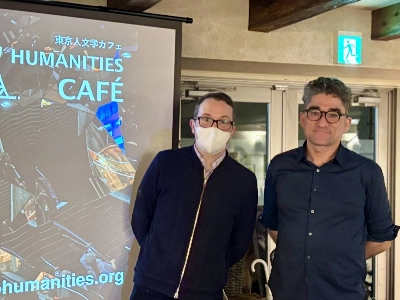“I’m here, but I can’t find the entrance,” Kotomi Li texts as our interview time approaches. When my interpreter and I rush down the stairs, she’s already halfway up: a petite woman with straight bangs and streaks of pink and purple dye in her hair for the spring season. We laugh and shake hands all around. I’m somewhat mortified that my first meeting with an Akutagawa Prize-winning author is in a dingy staircase next to old mops and brooms. Up we go to the rented room, where we make ourselves comfortable and Li sets her laptop, covered in Pride stickers, down on the coffee table between us.
The past three years have seen tremendous peaks and valleys for Li. As the critically acclaimed author of “Solo Dance” and other fiction that explores topics of queer identity and migration, she has built a formidable career for herself and received some of Japan’s highest literary accolades. But she has also been dealing with vicious cyberbullying, doxxing and harassment.
Throughout my interview, Li appears serene, smiling with confidence. “I am more persistent than most,” she declared in an online statement in response to her harassment. “If I weren’t so tenacious I wouldn’t have made it this far. Authors are tenacious creatures to begin with.”






















With your current subscription plan you can comment on stories. However, before writing your first comment, please create a display name in the Profile section of your subscriber account page.